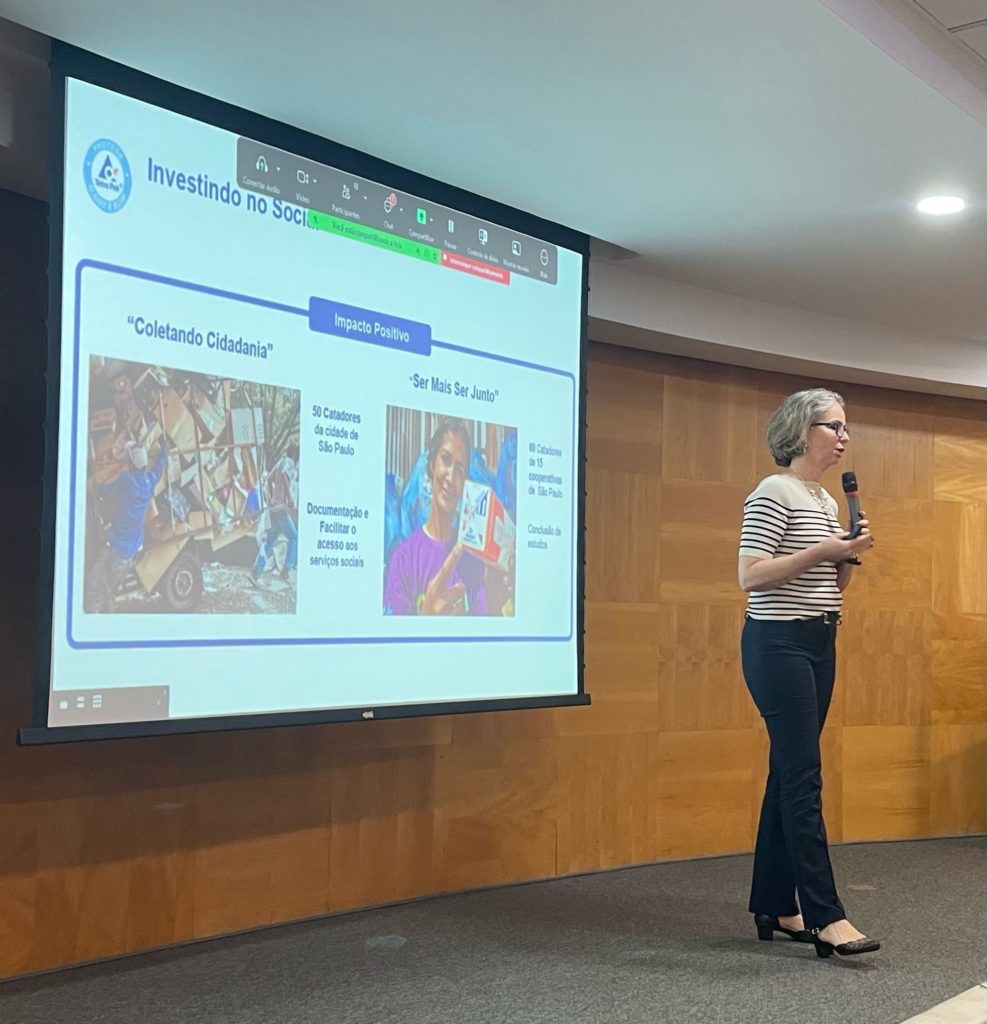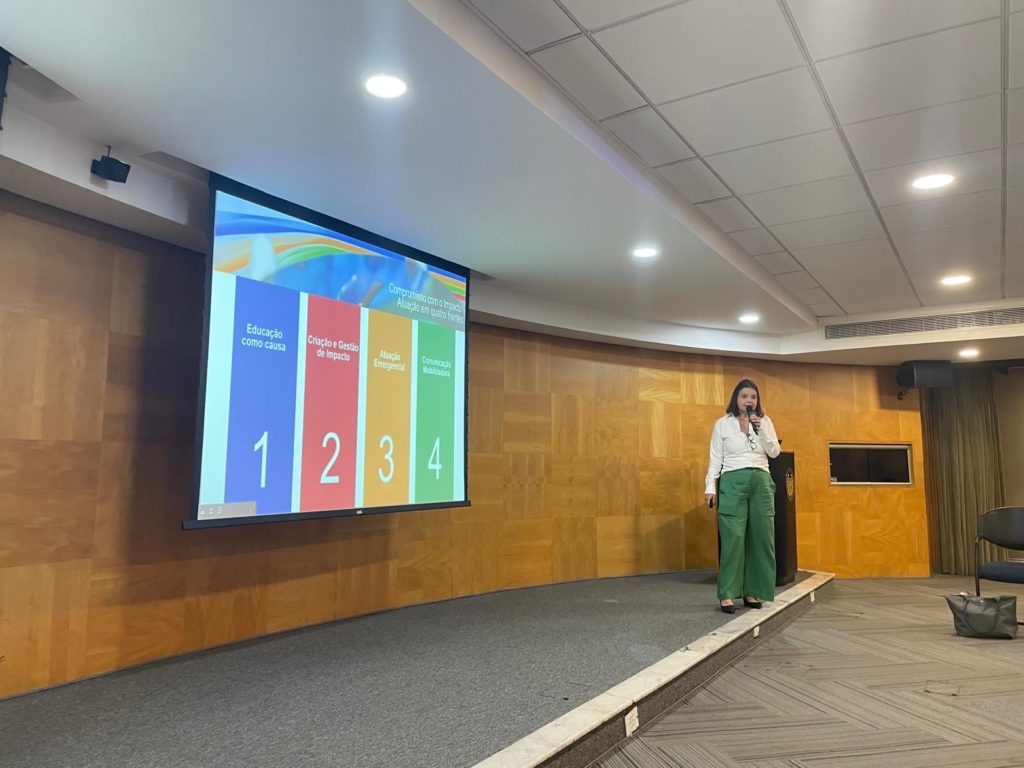Stakeholder workshop in Sao Paulo
On 1st April 2025, we hosted the third workshop of the MNEDEVELOP research project at FGV Sao Paulo. The event brought together stakeholders who had participated in interviews, including representatives from multinational companies (headquartered in Europe with subsidiaries in Brazil and Colombia), NGOs, community leaders, social entrepreneurs, and others. Together we engaged in a rich exchange of experiences and learning.
During the workshop, we discussed the motivations and mechanisms that underpin the interactions between multinationals and communities, and the outcomes for multinationals, vulnerable populations, MNE’s partners (such as NGOs and community enterprises) and society. Key points discussed include:
Motivations: regulation such as compliance with national environmental laws or employment requirements for vulnerable populations, COVID-19‘s impact on social issues, global sustainability strategies (e.g., increasing recycling rates), corporate values, external pressures from NGOs and activists, and commitments made in global forums such as the UN Sustainable Development Goals.
Mechanisms: donations (e.g., financial contributions to local schools and NGOs), sponsorship (e.g. sponsoring local sports teams), training and education related to employment (e.g., workshops on digital skills), HR policies promoting fair labour practices, diversity, and inclusion, employee volunteering, use of corporate foundations (to fund and develop projects), incentive laws (tax breaks for social initiatives), tax benefits (deductions for charitable contributions), marketing strategies, integration of vulnerable populations into the supply chain and partnerships or collaborations with third parties such as NGOs and community enterprises.
Benefits for:
- Multinationals: Social License to Operate (SLO), legitimacy, innovation in socially responsible products and services, competitive advantage, enhanced reputation and recognition that the company is socially responsible, thereby enhancing brand and corporate image and employee attraction and retention.
- Vulnerable populations: higher wages, increased employability through participating in apprenticeships and job training programs, promoting entrepreneurship through training in micro-entrepreneurship skills and psychological benefits such as increased autonomy and self-confidence.
- Partners: long-term relationships, tailored initiatives, consistent resource flow, and scaling of successful programmes.
- Society: contributions to SDGs and promoting public awareness of social and environmental issues.
While, the results suggest that certain companies remain reactive and focused on short-term initiatives (e.g., philanthropy). To foster long-lasting integration of vulnerable populations, businesses must redesign HR policies (e.g., to use inclusive hiring practices), product development (e.g., co-create products with input from vulnerable populations), logistics (e.g., using local suppliers), and procurement (e.g., sourcing from suppliers from vulnerable populations) to provide mutual gains.
The study also reveals that well-intentioned efforts may not always align with the actual needs of vulnerable populations. Collaborating with credible partners such as NGOs is crucial, as they possess localised knowledge and and can assist with project implementation (infrastructure and human capital), enabling MNEs to address specific vulnerable populations’ needs more effectively.


